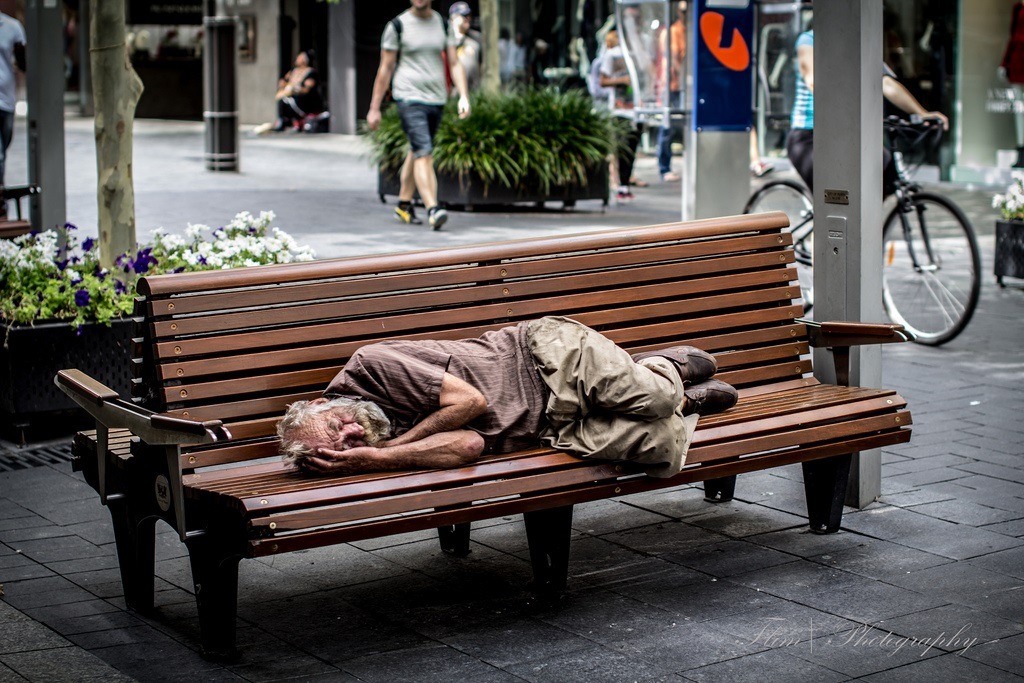
August 6, 2015; Idaho Statesman
On Thursday, August 5th, 2015, the Department of Justice filed a statement of interest in a lawsuit brought by seven homeless people in 2009, arguing that it is unconstitutional to punish people who sleep in public places if there is no shelter space available. The case is in Boise federal court and was brought after the plaintiffs were arrested.
The DOJ statement reads in part that it “should be uncontroversial that punishing conduct that is a universal and unavoidable consequence of being human violates the Eighth Amendment. […] Sleeping is a life-sustaining activity—i.e., it must occur at some time in some place. If a person literally has nowhere else to go, then enforcement of the anti-camping ordinance against that person criminalizes her for being homeless.”
“Many homeless individuals are unable to secure shelter space because city shelters are over capacity or inaccessible to people with disabilities,” Principal Deputy Assistant Attorney General Vanita Gupta, head of the Civil Rights Division, said in a statement. “Moreover, enforcing these ordinances is poor public policy. Needlessly pushing homeless individuals into the criminal justice system does nothing to break the cycle of poverty or prevent homelessness in the future. Instead, it imposes further burdens on scarce judicial and correctional resources, and it can have long-lasting and devastating effects on individuals’ lives.”
Sign up for our free newsletters
Subscribe to NPQ's newsletters to have our top stories delivered directly to your inbox.
By signing up, you agree to our privacy policy and terms of use, and to receive messages from NPQ and our partners.
Arrests for sleeping in public are, of course, only one of a number of laws aimed at people who are homeless. The National Law Center on Homelessness and Poverty released its eleventh report on the imposition of anti-homeless ordinances in July. The report is called “No Safe Space: The Criminalization of Homelessness in U.S. Cities” and is worth reviewing. In the report’s introduction, its authors show they share some assumptions with the DOJ:
“There are some activities so fundamental to human existence that it defies common sense that they might be treated as crimes. Falling asleep, standing still, and sitting down, are all necessary actions for any human being’s survival. While these activities are unquestionably legal when performed indoors, more and more communities across the country are treating these life-sustaining behaviors as criminal acts when performed in public places by people with nowhere else to go.”
Boise city spokesman Mike Journee says that the premise of the Department of Justice’s filing is “incorrect” since the ordinance that led to the arrests has since been amended to disallow arrests when other accommodations are unavailable.—Ruth McCambridge












